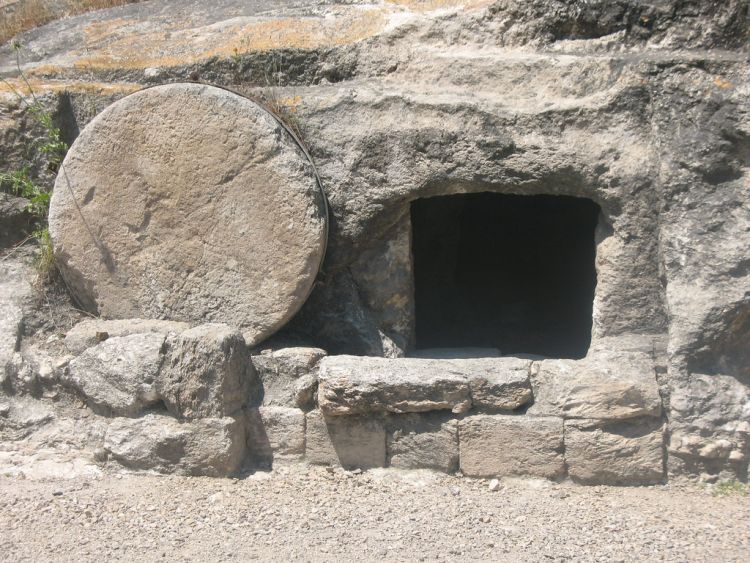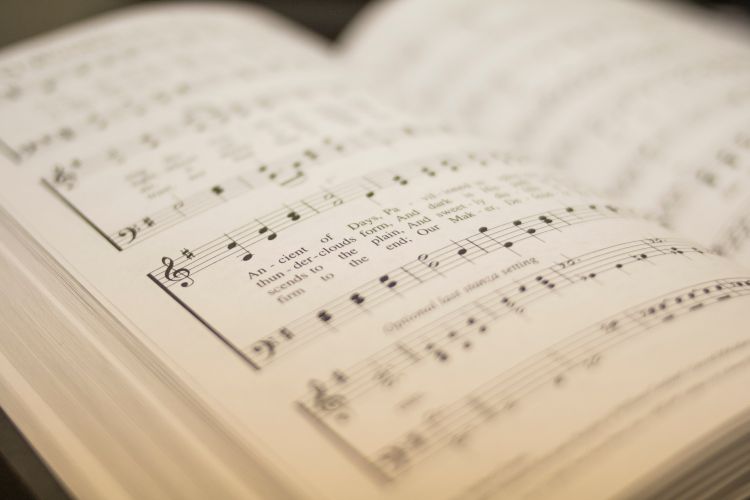Each Friday, I’ll post links to 3–5 resources from around the web you may want to check out.
10 Best Advent Albums of the 2010s
I suspect I’m not alone in having a strong association of Advent and Christmas with music. Just in time for the season, Brett McCracken shares his favorite Advent albums of the last decade. There are links to stream the albums; you might just find yourself a nice soundtrack for the next three weeks.
I’ve been encouraged, for example, that in the last few decades there has been a renaissance of Advent–focused Christmas music: music that is theologically rich and, while still joyful, somewhat more somber and serious than pop Christmas radio. This music helps listeners enter into the Advent story in a way that focuses on spiritual contemplation more than tinsel-drenched merriment.
You Can Be Anxious About Nothing
The command from Paul in Philippians to be “anxious about nothing”—well, it can’t really mean nothing, can it? It sometimes feels like stress and anxiety are simply a part of the human experience. Kim Cash Tate wrestles with this command in an article over at Desiring God.
Alternatively, we tell ourselves that “do not be anxious about anything” is for the spiritually mature saint, a verse to aspire to. And since we’re not there yet, we can dismiss this direct command for a while. Moreover, we’re careful not to burden others with it. If a fellow believer is battling anxious thoughts, we think it insensitive to bring this verse to bear on the situation. Better to show sympathy than to risk sounding trite.
How Can Jesus Be Our Everlasting Father?
Another article here that is Advent-adjacent. David Sunday helps us think about the title “Everlasting Father” for the Messiah in Isaiah 9.
Of all the names attributed to Jesus in Isaiah 9:6, Everlasting Father intrigues me the most because it’s the one I understand the least. How can Jesus the Messiah, the second person of the Godhead, be called Everlasting Father?
On the WPCA Blog This Week
This week on the blog we published an article I wrote called Jesus Did Not Come to Bring Peace on Earth. If you haven’t already seen it, check it out!
Note: Washington Presbyterian Church and the editors of this blog do not necessarily endorse all content produced by the individuals or groups referenced here.




